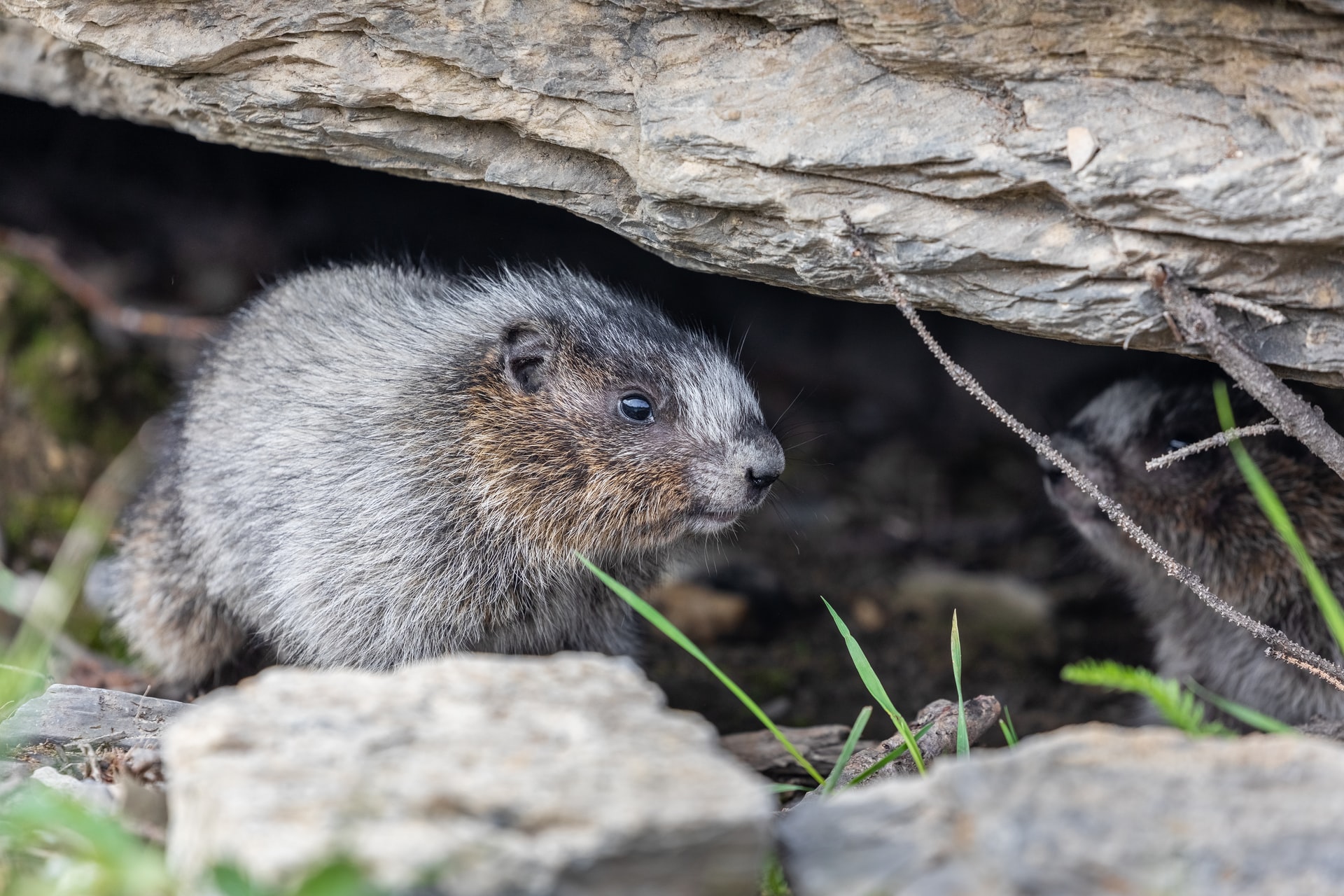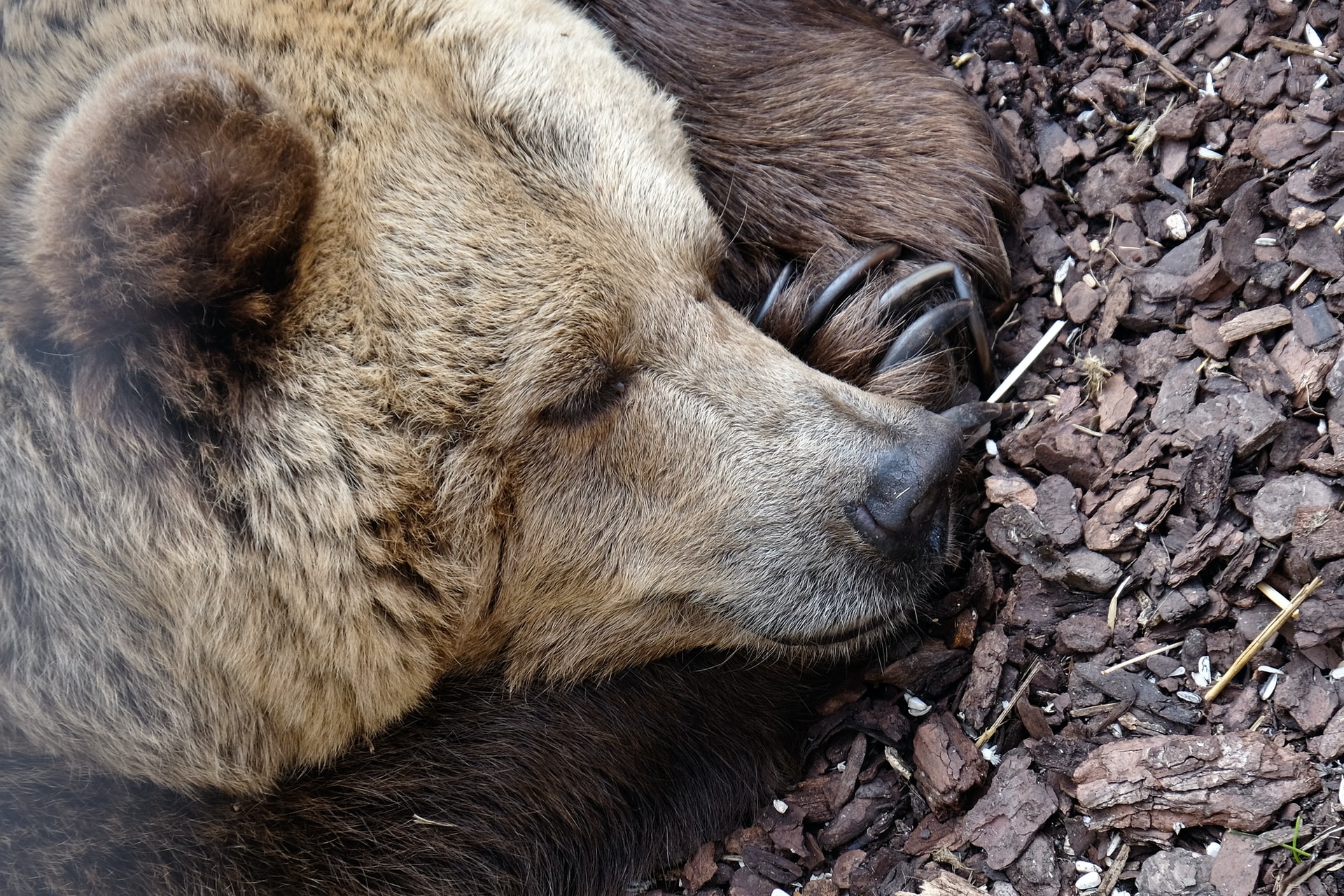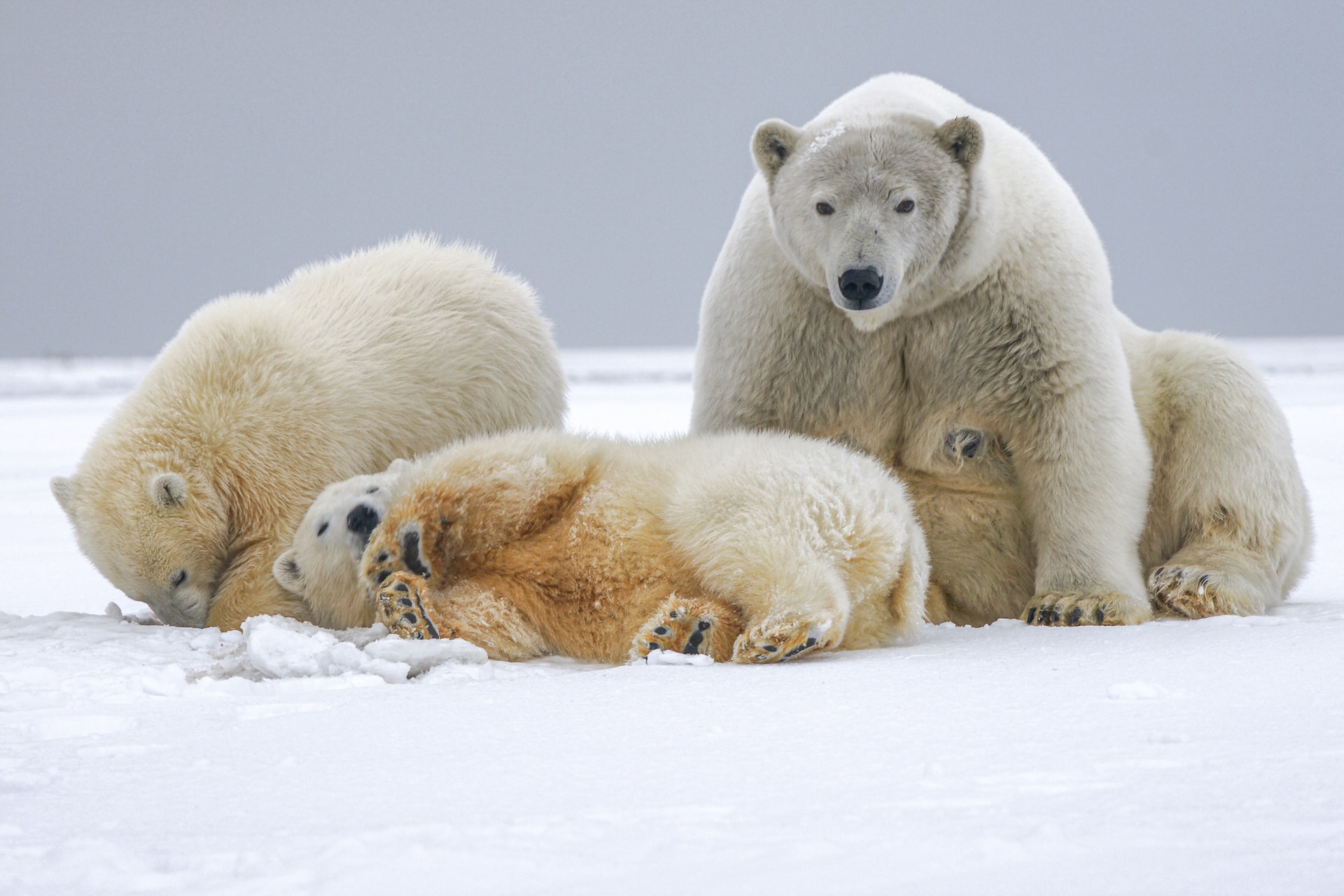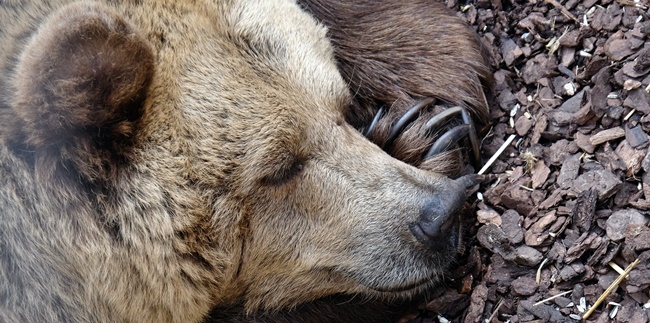Kapanlagi.com - Hibernation is often done by several types of animals. Generally, the meaning of hibernation is closely related to sleeping in winter weather. But what is the actual meaning of hibernation?
Understanding the meaning of hibernation can help you recognize the differences with sleeping. In fact, the meaning of hibernation and sleeping are often considered the same. However, in the process, they have several differences.
Examples of animals that often hibernate include bats, hedgehogs, ground squirrels, marmots, bears, and Poorwill birds. In addition, some species also hibernate, such as frogs or snakes.
So what is the actual meaning of hibernation and what are the benefits of doing it? To know the explanation of the meaning of hibernation, you need to read the following review. Because there is an explanation about the meaning of hibernation and its benefits along with the process, which has been summarized by kapanlagi.com from various sources.
1. What is the Meaning of Hibernation?

(credit: unsplash.com)
The term hibernation is closely associated with the lives of some animal species. However, the use of the word hibernation is also often used to refer to long periods of sleep. But what is the actual meaning of hibernation?
If we refer to the Indonesian Dictionary (KBBI), the meaning of hibernation is explained in several points. First, the meaning of hibernation in KBBI is a state of rest or sleep in animals during the winter. Second, the meaning of hibernation on a PC can be described as a condition of inactivity or temporary shutdown with the purpose of saving battery.
Therefore, it can also be said that the meaning of hibernation when it occurs in animals is the state when the animal's metabolism decreases due to low environmental temperatures. Thus, some animal species hibernate to survive in low temperature environments or during the winter.
Especially when winter arrives, the food supply will also decrease. This is why hibernation is done to conserve the body's energy in animals in order to survive. That is the meaning of hibernation that you need to know.
2. Benefits of Hibernation

(credit: pexel.com)
After knowing the meaning of hibernation in KBBI, there are several benefits and functions of hibernation. The meaning of hibernation in animals does not only occur when winter arrives. In fact, the meaning of hibernation can be interpreted as the adaptation of animals to the weather or climate conditions in their living environment.
With hibernation, there are several benefits and functions. Basically, the benefit of hibernation is to save energy by not using excessive metabolism. Therefore, hibernation can help animals survive in environments with low or extreme climates.
Animals will adapt to their environment when temperature changes occur. During hibernation, metabolism will decrease and the process can occur more slowly. In addition, the benefits of hibernation can also maintain food supply for animals during scarcity in winter. That is the explanation of the meaning of hibernation and its benefits.
3. Hibernation Process in Animals

(credit: unsplash.com)
Some types of animals hibernate to survive in their environment amidst lower temperatures. One type of animal familiar with hibernation is bears. The hibernation process can last for a certain period of time, whether it's days, weeks, or months.
The duration of hibernation in these animals depends on certain factors, whether it's the environment or the condition of the animal's body. Before hibernation begins, the animals start to gather energy by consuming a large amount of food. This food will later be stored as fat.
Now, this fat will become the energy source for the animal's body during the hibernation process. During hibernation, the animal will rest and not eat for a certain period of time. Meanwhile, some types of animals also gather their food in their hiding places. However, there are times when the animal wakes up and eats to hibernate again.
During hibernation, the animal conserves its energy by lowering its metabolic rate. This is because when winter comes, their body temperature, respiratory rate, and heart rate will decrease. This is why the hibernation process is carried out so that animals do not need to migrate to warmer places but can adapt to hibernation.
Some hibernation spots during winter are chosen by various types of animals, ranging from trees, underground, caves, to dark and quiet places. The end of the hibernation process can be marked when the temperature in the animal's habitat returns to warmth.
4. Differences Between Hibernation and Sleep

(credit: unsplash.com)
The meaning of hibernation is often equated with sleep. However, it turns out that the meaning of hibernation is different from sleep. That's why this review will also discuss the differences between hibernation and sleep. Yes, the differences in the meaning of hibernation and sleep can be seen from several characteristics that you need to know.
In the hibernation process, it actually means adapting to drastically changing environmental temperatures. During hibernation, animals can rest temporarily for a certain period of time in winter or other extreme climates. During hibernation, animals do not use metabolism and store food reserves in the form of fat.
On the other hand, sleep is a resting process in which the body temperature of animals will not decrease drastically. This is different from hibernation, which causes the body temperature, heart rate, and even the respiratory frequency of animals to decrease.
That's the explanation of the meaning of hibernation and its benefits that you need to know. So that it makes it easier to understand the true meaning and definition of hibernation.
Sources: Liputan6.com, merdeka.com, and other sources
(kpl/gen/nlw)
Disclaimer: This translation from Bahasa Indonesia to English has been generated by Artificial Intelligence.
















